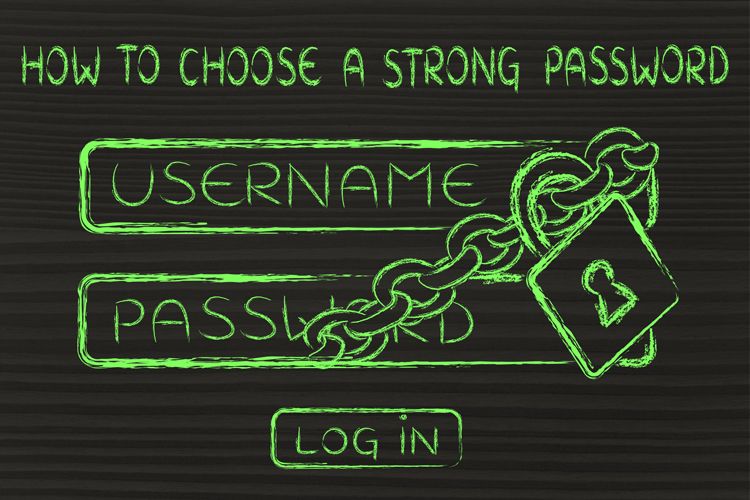
Single Sign-On is the Undercover Security Star You Need
Secure identity and access management is a must-have for businesses in today’s volatile cybercrime landscape. This security powerhouse is a cure for many access point security ills that companies experience like chronic password insecurity problems. In a survey of IT executives, researchers noted that 42% of respondents indicated that their organization had been compromised because of a bad, stolen or cracked password. While the star of the show in secure identity and access management is usually multifactor authentication, another part of that equation is equally important but often overlooked: single sign-on (SSO).
Single Sign-On Brings Dynamic Strength to the Table
Single sign-on provides a host of advantages to businesses and security teams. Passwords are very desirable in dark web markets. Single sign-on reduces the chance of an old or compromised password from working. That’s a big part of the reason why SSO is also an essential piece for establishing the foundation of zero trust security architecture. Microsoft includes single sign-on in its list of essentials for starting down the zero-trust road because it prevents users from leaving copies of their credentials in various apps and prevents users from regularly surrendering their credentials due to excessive prompting. SSO can also be a key compliance tool under industry regulations like HIPAA.
Another important advantage of single sign-on is that it reduces the number of access points that cybercriminals can use to gain access to systems and data as well as making securing those access points much easier. Unfortunately, this advantage is often overlooked by the companies that need it the most – in an industry survey, researchers found that less than 25% of companies they surveyed had adequate active security access controls in place to protect their gateways, especially companies with less mature cybersecurity programs. It also makes it a cinch for IT teams to quickly and accurately remove access for employees who leave the company or set up access for new employees.
It’s A Cyberattack Superstar
One major benefit only comes to light when a business is experiencing a cyberattack, but it can be a game-changer. In times of trouble, SSO makes it much easier for disaster response teams to quickly isolate a compromised access point, preventing deeper intrusions or deployment of malware like ransomware. SSO also gives IT teams a quick defensive move in the case of a malicious insider threat. It also enables techs to respond quickly to notices from dark web monitoring solutions that alert security teams when a compromised password is discovered on the dark web. This is a powerful security benefit that can be the difference between a security incident and a security catastrophe.
It also prevents employees from playing fast and loose with passwords. Password recycling, reuse and sharing is a non-stop headache that can open enormous security vulnerabilities. In a study that spanned just three months, Microsoft found that 44 million of its users had used the same password on more than one account – and that’s just the tip of the iceberg. But when an organization adds SSO to its security buildout, users don’t have to manage a host of passwords just to do their jobs every day. Fewer passwords in use means fewer weak passwords that can be easily compromised by enterprising cybercriminals, making it easier for security teams to enforce strong password policies and maintain access point control.
Contact our experts today to set up a personalized demo to show you we can bundled your security and insurance to protect your business and save you money.
Comments are closed.

Recent Comments